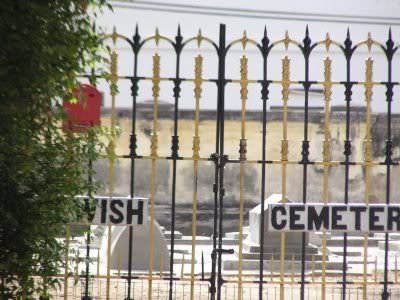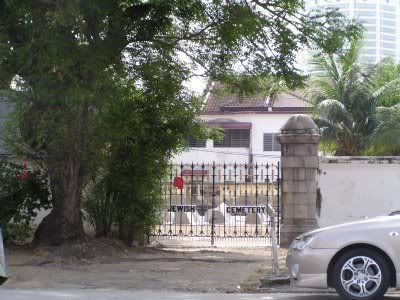IRAN Should be Allowed to Have the Nuclear Bomb
by
David Cox
Read here full article in The Guardian UK
The proposed new package of United Nations sanctions against Iran is far from being the breakthrough it has been hailed.
The world's fourth-largest oil producer has little to fear from modest economic restrictions. If Iran wants nuclear weapons, it is going to get them.
The indications are that it does want them, and with good reason.
It is entirely understandable that they should now wish to maximise their security.
Any regime in Tehran that neglected to develop nuclear weapons would arguably be failing in its duty.
In these circumstances, Canute-like efforts to thwart Iranian ambitions will serve only to reduce the UN's credibility. They will certainly stoke up nationalist fervour in Iran, diminishing the chances that moderate political elements will be able to make headway. They will also have even more damaging effects.
As long as the "international community" maintains that a nuclear Iran is unthinkable, Israel will be tempted to mount a pre-emptive strike against Iranian facilities, even if the US lacks the stomach to do so itself.
This will cause a relentless rise in regional tensions as Iran's nuclear programme progresses.
The Iranians have warned that military action against them would provoke a military response.
At present, this seems to be where we are heading.
Instead, Security Council members could abandon their doomed quest to obstruct Iranian nuclear aspirations.
The US could use its stranglehold over Israel to force it to do likewise.
Iran could be left to develop its nuclear programme as it saw fit, and to withdraw from the Nuclear Non-Proliferation Treaty if it chose to, just as North Korea did in 2003.
Such a course would have its dangers. But would these really be worse than those that we face already?
Hopes of preventing further nuclear proliferation would inevitably be dealt a blow, but the dream of nuclear continence has already effectively evaporated. Egypt and Saudi Arabia might insist on joining the nuclear club, but would that make the Middle East less peaceful than it is now?
It is imbalance, not balance, that creates instability.
Currently, Israel's nuclear status unsettles its neighbours, while Israel itself has to be constantly primed to defend its advantage.
A nuclear stand-off might help to stabilise the area, just as it stabilised Cold War Europe. It might even create the conditions for more realistic negotiation over the region's future. India and Pakistan's Cuba moment in 2002 certainly seems to have helped cool passions.
What, though, about President Ahmadinejad's infamous threat to wipe Israel of the map? Well, there NEVER was any such threat.
What Ahmadinejad actually called for was merely regime change in Jerusalem, and, unlike President Bush in Iraq, he was not proposing to bring it about himself. Demagogues go in for bluster; it is not always to be taken at face value.
It does of course remain possible that some future leader of a nuclear-armed Iran would indeed abuse his position. Unfortunately, this is a contingency that the world is in any case powerless to eliminate. Vainly trying to do so will create more immediate dangers.
Accepting the inevitable now looks like the LESSER of the two evils confronting us.




